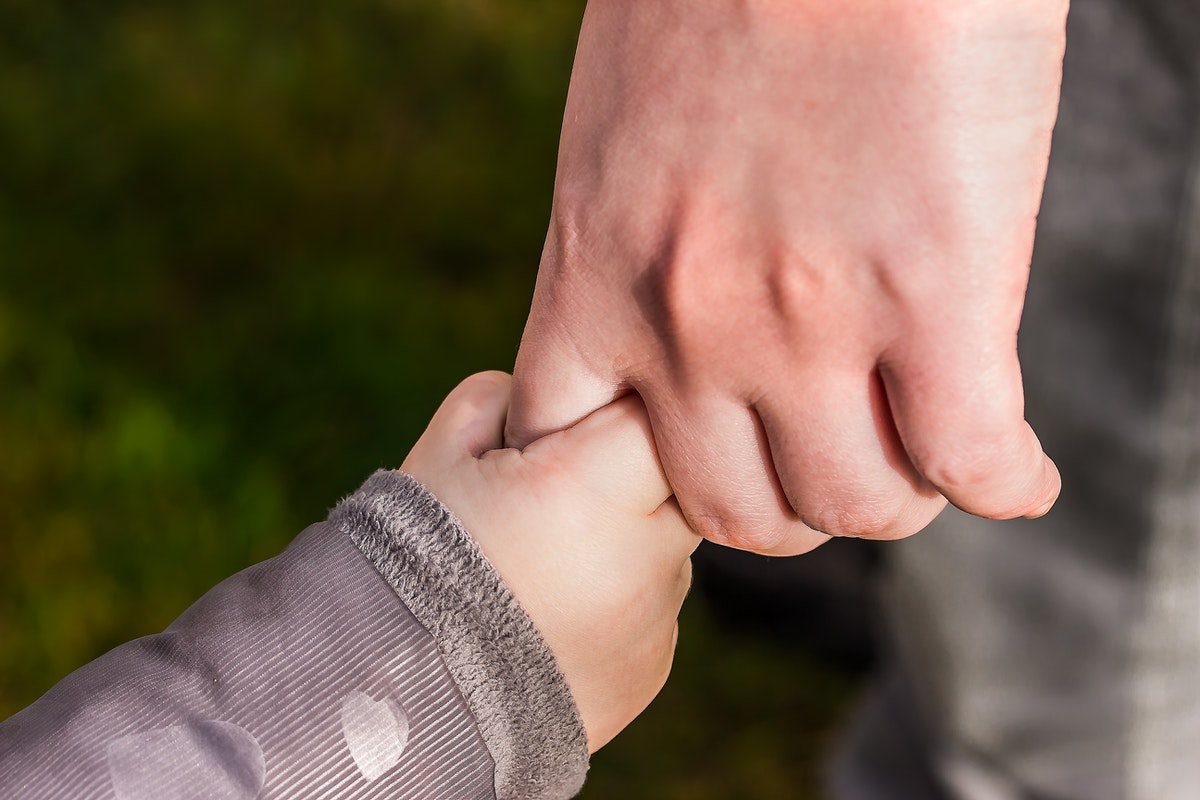Let me begin by a frank admission that I think I taught my children to scream by screaming at them first.
“To kill a mockingbird”, I happened to read this brilliant book only recently and am completely awed by the profound simplicity and gravity of this book. I can’t add much to the already exalting praise of the author or her writing except that it is one of the most beautiful literary amalgams of thought, creativity and craft that I have come across. But what truly touched me in the book is Mr. Atticus Finch, the lawyer-father and the sole parent of the two central characters Jem and Scout. Why Atticus alluded me so much is in the fact that I attended a workshop called “Parenting Matters” and every time I was reading the book, he seemed to be gently reminding me of all that I had learnt there but was failing to implement.
Mr. Finch is a man of lofty character and benign understanding. At the same time, he is a man of tacit and stoic demeanour and maintains the same with his kids as well. He is a detached individual but a compassionate father; he is a disciplinarian but with brimming empathy. He embodies everything that an enlightened parent stands for. I have deliberately chosen the word “enlightened” instead of “good” because every parent is good. In fact, they are doing or trying to do their best for their kids, out of ignorance or awareness is another thing. While Atticus’s character unfolded with every passing page, I increasingly felt that Harper Lee modelled him based on the workshop’s knowledge blended with perfect realism.
Parenting is a tough call, raising another individual to become a worthy, self-respecting and humane being is by no measure a clear-cut task. Our changed lifestyles and family set ups with an exodus of parenting information only add to making it a highly emotionally draining activity. However, my newly acquired knowledge on parenting made me appreciate the complexity of my job and understand it as a science as much as an art.
Our parents did the best for us, gave us values, discipline, confidence and a sense of self-worth. However, in the course of this upbringing we were often disapproved, labelled, criticized, not understood and whacked. We regularly do the same to our toddler, young, adolescent and grown up kids and at times with teeth clenching intensity. Yet, by and large all of us fared fine, and are doing pretty well for ourselves. Not to mention that we love and respect our parents. So most likely our kids too will turn out reasonably alright OR nurse faint scars forever.
During one the sessions at Parenting Matters, we traced back into our childhood memories and all of us came up with varied emotions, some were bright and happy others dark and cynical. It only showed that even after years, we still felt the burning and hurtful twinge of those disconnected emotions somewhere deep. And our own upbringing very stealthily influences us in the way we deal with our children. I was sort of petrified of my parents’, maybe I still am, but my elder brother was relatively not, so he became my support system. A kind of disaster management control every time I was in a coup. This in turn nurtured a very trusting, secure and special bond between him and me which I still share.
I also never talked back or argued with my parents, so I realized when my son talks back to me it really antagonizes and upsets me. I cannot accept it because I was never allowed to do it. More so, when my husband and I planned to start our own family, I was very adamant that we have two kids, preferring an elder son and a younger daughter because subconsciously I was longing to see a continuity of my own sibling bond in them. How much we carry from our own past experiences is unbelievable.
These realizations are sensitively crucial when we are talking about parenting. Understanding our own back stories and belief systems can open a lot of closed doors of connection. It gives us an unbiased window to look at matters, with much needed empathy, trust and open mindedness. And Mr. Atticus Finch does all of it so effortlessly. I might sum it up as he respects his children as equals. And as a parent I wish to emulate him. Enlightened parenting isn’t about garnering your kids’ co-operation to get things done, it is about connecting. It is about responding rather than reacting. And despite my new knowledge and Mr. Finch’s admirable inspiration, I completely fail as a parent at times and I am not embarrassed to admit it. Accepting yourself and others is the first and simplest step to progress. And I am glad to be honestly trying.
But some days they manage to drive you crazy without concession. For those days I end up saying this, “Look I am trying real hard to be a good parent here so please just let me succeed for once, or the blame is on you.” Jokes apart, I have consciously understood that empathy and respect for your child irrespective of his age is the cornerstone of a strong and sound parent-child connection.
Feature photo by: https://pixabay.com/




